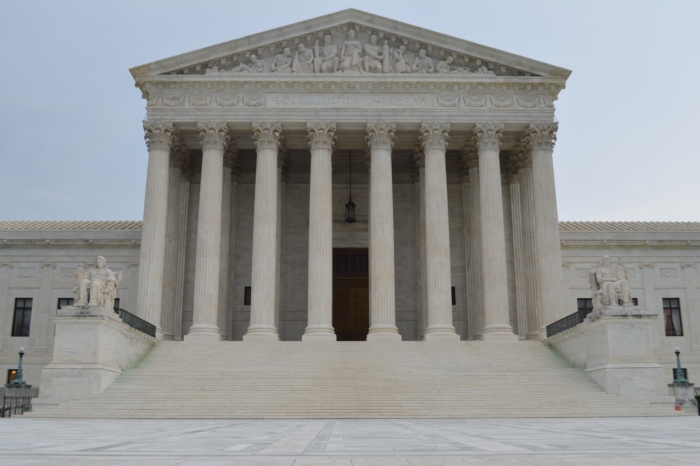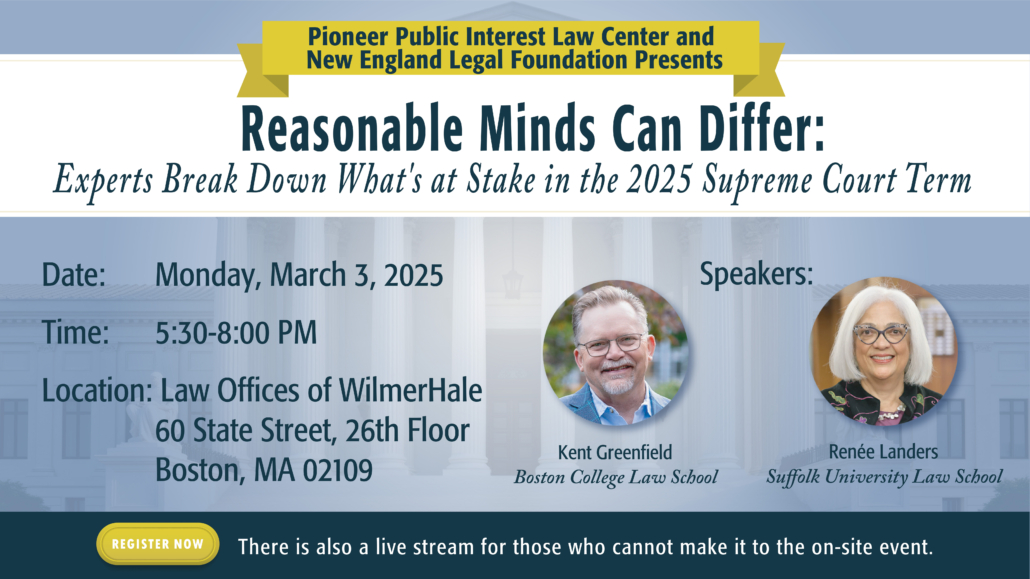Pioneer Alert: Supreme Court Will Rule on Highly Significant School Choice Case
Today, the U.S. Supreme Court (SCOTUS) announced that it would hear Espinoza v. Montana Department of Revenue, a case that reveals the harm a state Blaine, or anti-aid, constitutional amendment marked by religious bias does to families by depriving them of educational options. This case has particular relevance to Massachusetts, which is one of the nearly 40 states with anti-aid amendments that have roots in 19th-century anti-Catholic, anti-immigrant discrimination.
Kendra Espinoza, a single mom from Montana, sought a better education for her daughters. In public school, one daughter was bullied and the other struggled academically. Both would later thrive in a parochial school. After the Montana Supreme Court struck down her state’s education tax credit program, Ms. Espinoza was denied access to the scholarships her children badly needed. She and two other Montana moms facing similar plights have asked the nation’s highest court to weigh in, and it has now agreed to do so. For well over a decade Pioneer Institute has highlighted this important legal and educational topic through research, events, op-eds, and a short film.
Nationally, over 250,000 largely poor and minority students benefit from private-school choice through education tax credits. The basis for the Montana court’s decision was the state’s 130-year-old anti-aid amendment. The constitutional provisions in Montana, along with other states, represent distinct but formidable legacies of a dark, bigoted chapter of history that still limits educational opportunities for students and families who need them most.
In April, Pioneer submitted an amicus curiae brief urging SCOTUS to hear Espinoza v. Montana Department of Revenue and will again file an amicus brief in support of Kendra Espinoza now that the Court has agreed to hear the case. This case has the potential to overturn a century and a half of state constitutional discrimination against religious families and their quest for educational options for their children.
Get Updates on Our School Choice Research
Recent research:






















